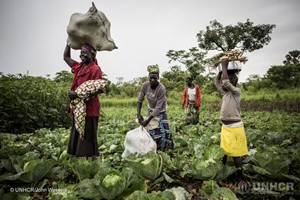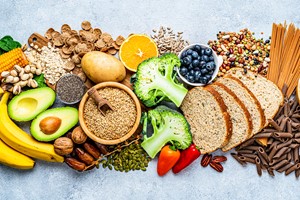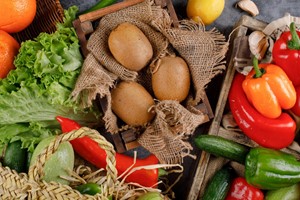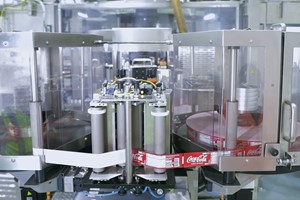In response to growing concerns about environmental pollution and waste disposal costs in the food industry, the World Institute of Kimchi (WiKim) has introduced a groundbreaking bio-refactoring-based upcycling technology. This innovative approach aims to transform cabbage byproducts, typically discarded during the manufacturing and distribution of kimchi, into biodegradable plastics.
President of WiKim, Hae Choon Chang, announced the development, highlighting the significant environmental and economic benefits of the technology. With global cabbage and Brassica crop production reaching 72 million tons annually, and over 30% of this yield being discarded, the initiative addresses a pressing issue in the food manufacturing sector.
Under the leadership of Dr. Jung Eun Yang, a senior researcher in the Fermentation Regulation Technology Research Group at WiKim, the research team successfully engineered microbial strains capable of producing biodegradable bioplastics through bio-refactoring technology. Through meticulous optimization of enzyme concentrations and substrate usage in the saccharification process, the team achieved an impressive sugar conversion rate of up to 90.4%.
A noteworthy discovery emerged during the research: malic acid, a bioactive compound found in cabbage byproducts, enhances the productivity of polyhydroxyalkanoate (PHA), a bio-based biodegradable material synthesized through microbial fermentation. This revelation marks a significant advancement in sustainable materials science.
Dr. Hae Woong Park, Director of the Technology Innovation Research Division at WiKim, emphasized the environmental significance of the research findings. He underscored the potential for reducing waste disposal costs, estimated at 10 billion won annually, in the kimchi manufacturing process through the adoption of this environmentally-friendly technology.
The implications of this development extend beyond kimchi production. The technology can be applied to various agricultural and food byproducts, including waste from onions and other vegetables used in food processing. WiKim envisions a future where agricultural and food waste is transformed into high-value materials, contributing to both environmental sustainability and economic prosperity.
Furthermore, the research team conducted a comprehensive analysis of cabbage byproduct components, identifying substances conducive to microbial growth. This foundational research will inform the development of core technologies for converting agricultural and food waste into diverse high-value materials, paving the way for further innovations in upcycling.
WiKim remains committed to advancing upcycling technologies in the agricultural and food sectors, aligning with global sustainability goals. Dr. Park reiterated the institute's dedication to fostering a greener, more efficient kimchi industry that contributes to the realization of carbon neutrality objectives.
The groundbreaking research, detailed in the Journal of Agricultural and Food Chemistry, signifies a significant step towards a more sustainable and circular economy in the food industry. As the world grapples with environmental challenges, innovative solutions like WiKim's upcycling technology offer hope for a brighter, more sustainable future.
phys.org














